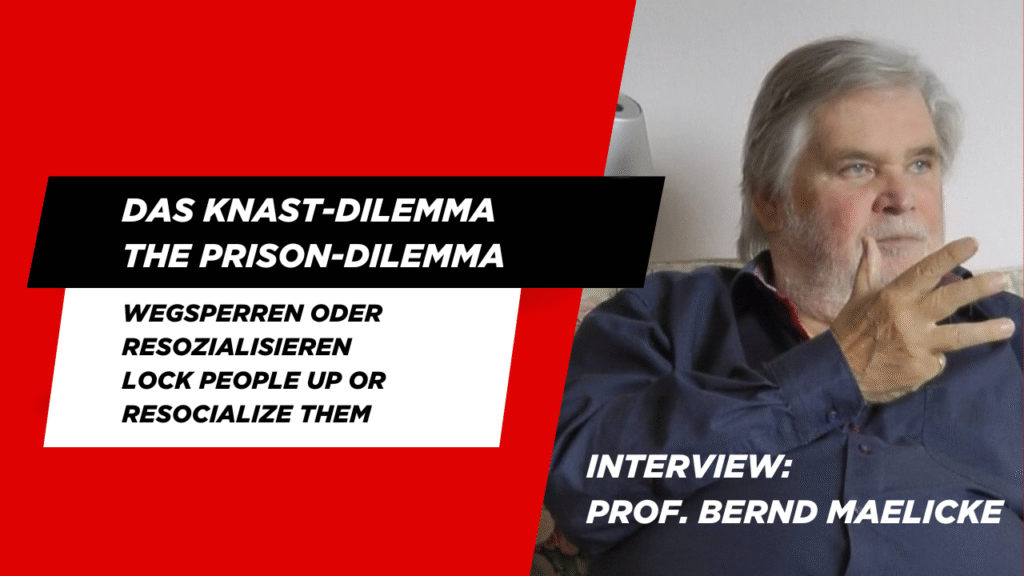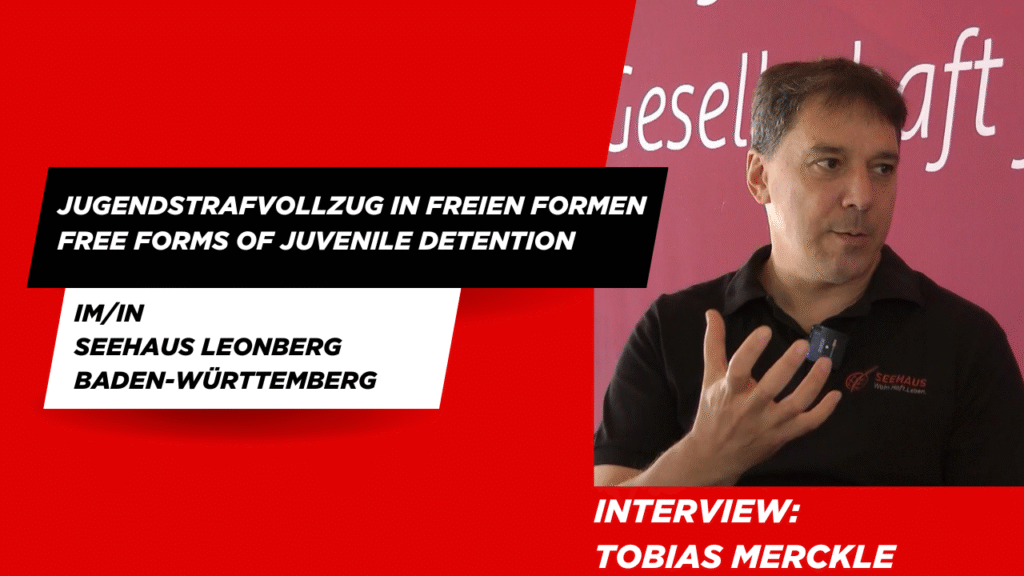Previous Article
News
Research report online: “Building Probation Capacity, What Works”
“Building Probation Capacity, What Works: Learning from the European Experience of Probation Service Development in the 21st Century” research report online.
Steve Pitts and Leo Tigges published the executive summary of their study in October last year in the CEP Newsletter. Now the whole report is available.

Steve Pitts and Leo Tigges are well-known within the CEP. Steve is CEP’s international ambassador, and Leo is a previous CEP secretary-general. Both are honorary members. Building on their long experience of international collaboration and a determination to help probation work achieve its full potential, Leo and Steve have undertaken a comprehensive study to identify best practices in probation capacity building. The project took place against the background of remarkable European expansion in probation provision in the past 20-25 years. They studied developments in 5 countries: motivations and purposes (human rights and reducing the number of prisoners often foremost), steps, results, success factors and sometimes hindrances along the way. They also undertook a substantial literature study and considered the role and impact of European Institutions (Council of Europe and European Commission) and the CEP.
What are the essential takeaways from this extensive study?
- The researchers developed a model or “language” of capacity building to support discussion and capacity-building practice. It provides a tool to explore the present probation situation and opportunity in a jurisdiction, to plan and – over time – gain insight into development. The model helps to explain probation roles or activities (the “domains of probation”) and what needs to be in place to enable delivery – the organisational conditions (or “enablers”). In short – “a strong probation role and a strong probation organisation.” The model has international applicability.

Stephen Pitts
- They identified 10 “success factors” in probation capacity building. Elements such as adopting a collaborative approach, taking account of a beneficiary country’s political and societal context, clarity of aims, the need for external and internal communication, the conscious involvement of stakeholders (for instance judiciary and prisons), supporting access to probation practice and experiences in a range of countries, and enabling the beneficiary country to take the “driving seat”.
- The research also revealed risk factors in capacity building: net-widening and mass supervision, resistances, high caseloads, and the potential dominance of Electronic Monitoring at the cost of rehabilitation activities. Risks can be mitigated by pre-awareness and measures to prevent or overcome them.
- For the researchers, it is also clear that the European experience has relevance in other world regions, especially at a time of growing global interest in the potential of community-based approaches. The authors have identified 5 recommendations to support probation development globally. Sharing and learning mutually from our rich global diversity of probation policy and practice – embracing the global north and south – and on the specifics of capacity building, are of course paramount. These could be strengthened by the establishment of a global platform or network through which organisations like the CEP work together permanently. Other priorities include improved data, evidence, guidance, and development resources. The World Congress on Probation and Parole in The Hague this April, at which the authors will present, is an opportune moment to explore the establishment of just such a global platform and to add momentum to probation and delivering its benefits worldwide.
In the coming months, Steve Pitts and Leo Tigges will also meet with the Council of Europe, the European Commission, and UNODC to present their findings and recommendations.
Click here to view the research report
(If you click on download you get a screen where they ask you to log in but if you look at the bottom it gives you the option to download the files immediately.)

Related News
Keep up to date with the latest developments, stories, and updates on probation from across Europe and beyond. Find relevant news and insights shaping the field today.

Probation in Europe, Technology
Have Your Say: EU Call for Evidence on the Digitalisation of Justice (2025–2030)
18/08/2025
The European Commission has opened a Call for Evidence on the Digitalisation of Justice: 2025–2030 European Judicial Training Strategy.
Reading corner

Criminal Justice
Parole Futures
18/08/2025
At a time when many parole systems are experiencing considerable strain, the aims of this collection are twofold: first, to encourage systematic and critical reflection on the rationalities, institutions and practices of parole. Second, to think big, and pose ambitious ‘what if’ questions about the possible futures of parole and prison release. Offering novel insights from Asia, Australia, Europe, North America and South America, this collection builds the case for, and then showcases, a ‘way of doing’ parole research that is global in outlook, interdisciplinary in approach and unapologetically normative in character.
New

Probation in Europe
New Vodcast Episode: Prof. Bernd Maelicke on The Prison-Dilemma
12/08/2025
The 13th episode of Division_Y features an in-depth conversation with Prof. Bernd Maelicke, one of Germany’s most respected voices in prison and probation reform.
New

Probation outside Europe
CEP Ambassador Steve Pitts Receives Prestigious Japanese Honour
05/08/2025
We are pleased to share that CEP Ambassador Steve Pitts has been awarded the prestigious Order of the Rising Sun, Gold Rays with Rosette by the Government of Japan. The honour was officially presented on 25th July 2025 at a formal ceremony held at the Japanese Ambassador‘s residence in London, hosted by the Japanese Ambassador.
New

CEP Events
Mark Your Calendars: Exciting Probation Events Ahead
30/07/2025
As the season continues, we’re looking ahead to a dynamic line-up of events across Europe. From specialised workshops to international training and conferences, there’s something valuable for everyone working in probation and beyond.
New

Probation in Europe
New Vodcast Episode: Tobias Merckle on Free Forms of Juvenile Detention
12/07/2025
The 12th episode of Division_Y features an engaging discussion with Tobias Merckle, a social worker and social entrepreneur from Baden-Württemberg, Germany.
Subscribe to our bi-monthly email newsletter!
"*" indicates required fields
- Keep up to date with important probation developments and insights.

